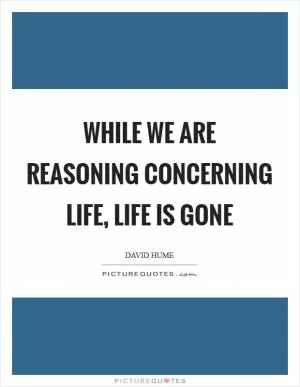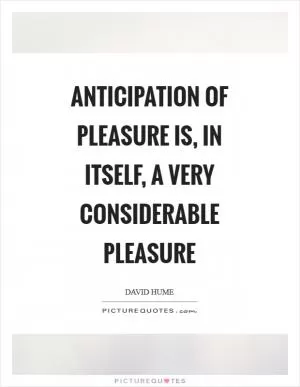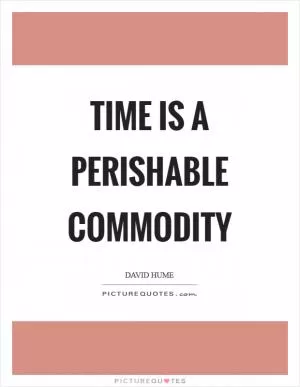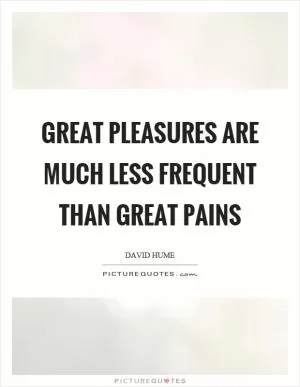Men often act knowingly against their interest

Men often act knowingly against their interest
David Hume, a prominent Scottish philosopher of the 18th century, delved into the complexities of human behavior and decision-making in his works. One of the key concepts he explored was the idea that men often act knowingly against their own interests. This notion challenges the traditional assumption that individuals always act in a rational and self-interested manner.Hume believed that human behavior is influenced by a complex interplay of emotions, desires, and social influences, rather than purely rational calculations of self-interest. He argued that individuals are often swayed by their passions and emotions, leading them to make decisions that may not align with their long-term interests. This can manifest in various ways, such as succumbing to short-term gratification at the expense of long-term goals, or prioritizing social approval over personal well-being.
One of the key reasons why men may act against their own interests, according to Hume, is the influence of social norms and expectations. People are social beings who seek approval and validation from others, often at the expense of their own well-being. This can lead individuals to conform to societal expectations, even if it means sacrificing their own interests in the process. For example, a person may stay in a toxic relationship or job because of societal pressure to maintain appearances, even though it is detrimental to their mental and emotional health.
Furthermore, Hume also highlighted the role of emotions in decision-making, arguing that individuals are often driven by their passions rather than reason. Emotions such as fear, desire, and anger can cloud judgment and lead individuals to act impulsively, without considering the long-term consequences of their actions. This can result in individuals making choices that go against their own interests, as they prioritize immediate gratification over long-term well-being.












 Friendship Quotes
Friendship Quotes Love Quotes
Love Quotes Life Quotes
Life Quotes Funny Quotes
Funny Quotes Motivational Quotes
Motivational Quotes Inspirational Quotes
Inspirational Quotes